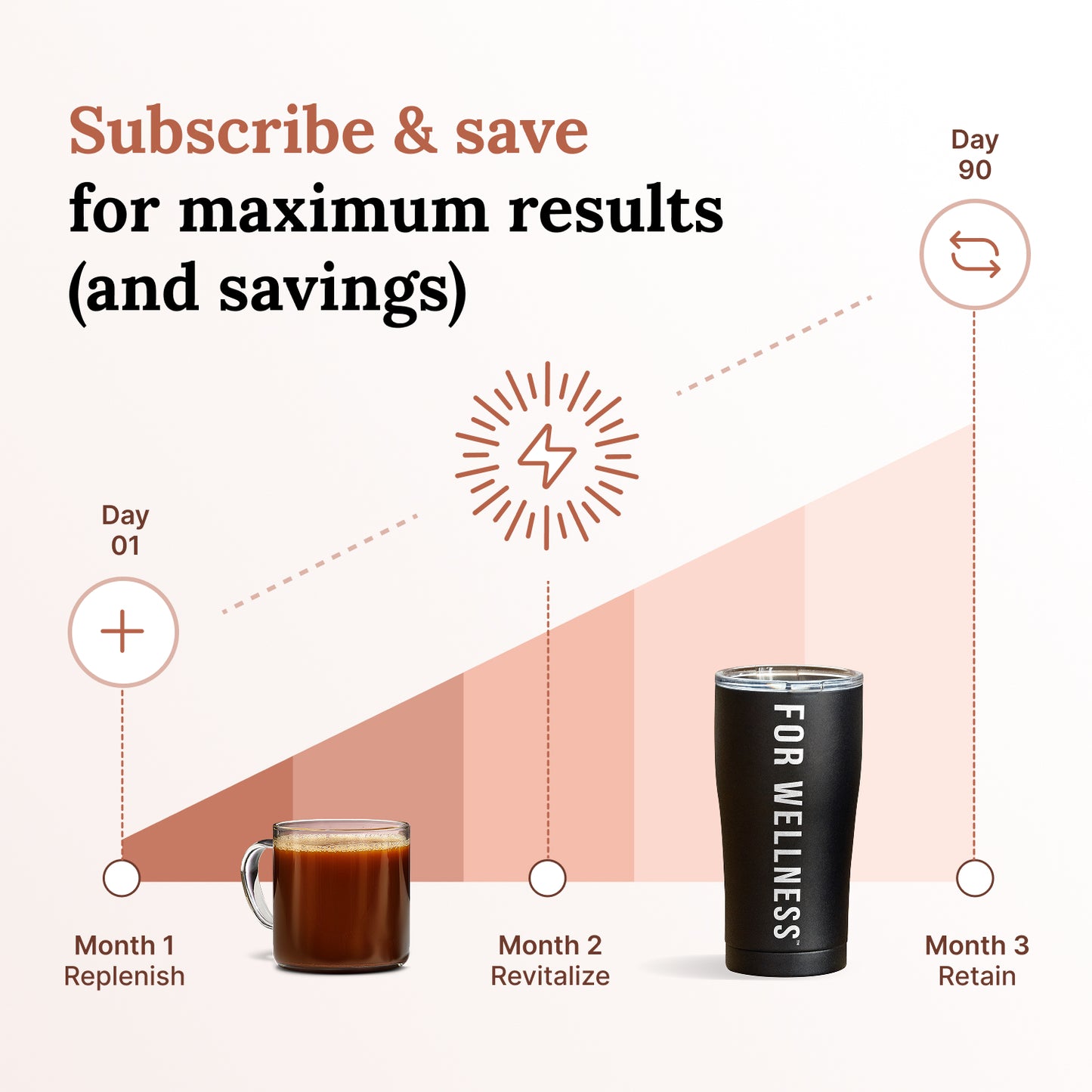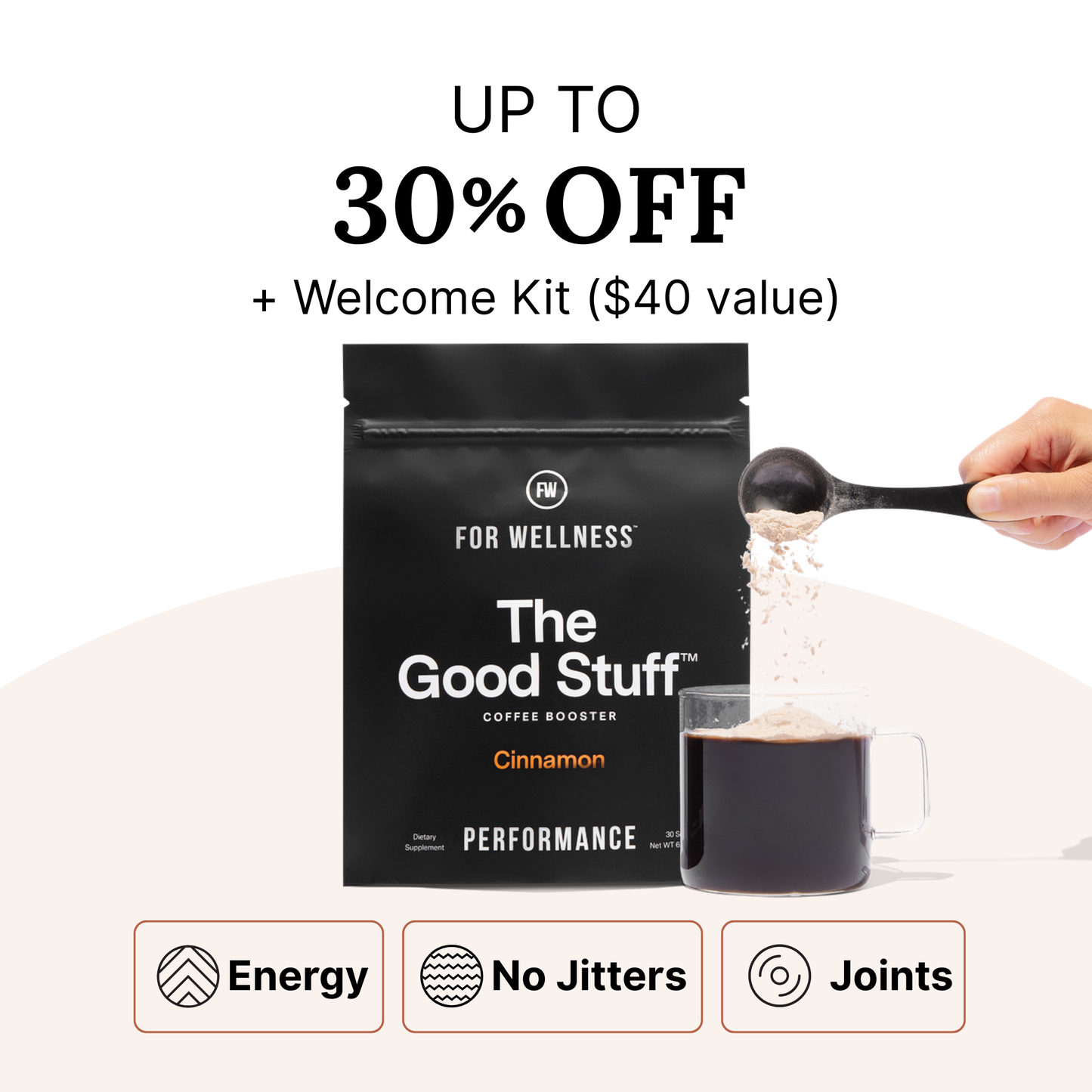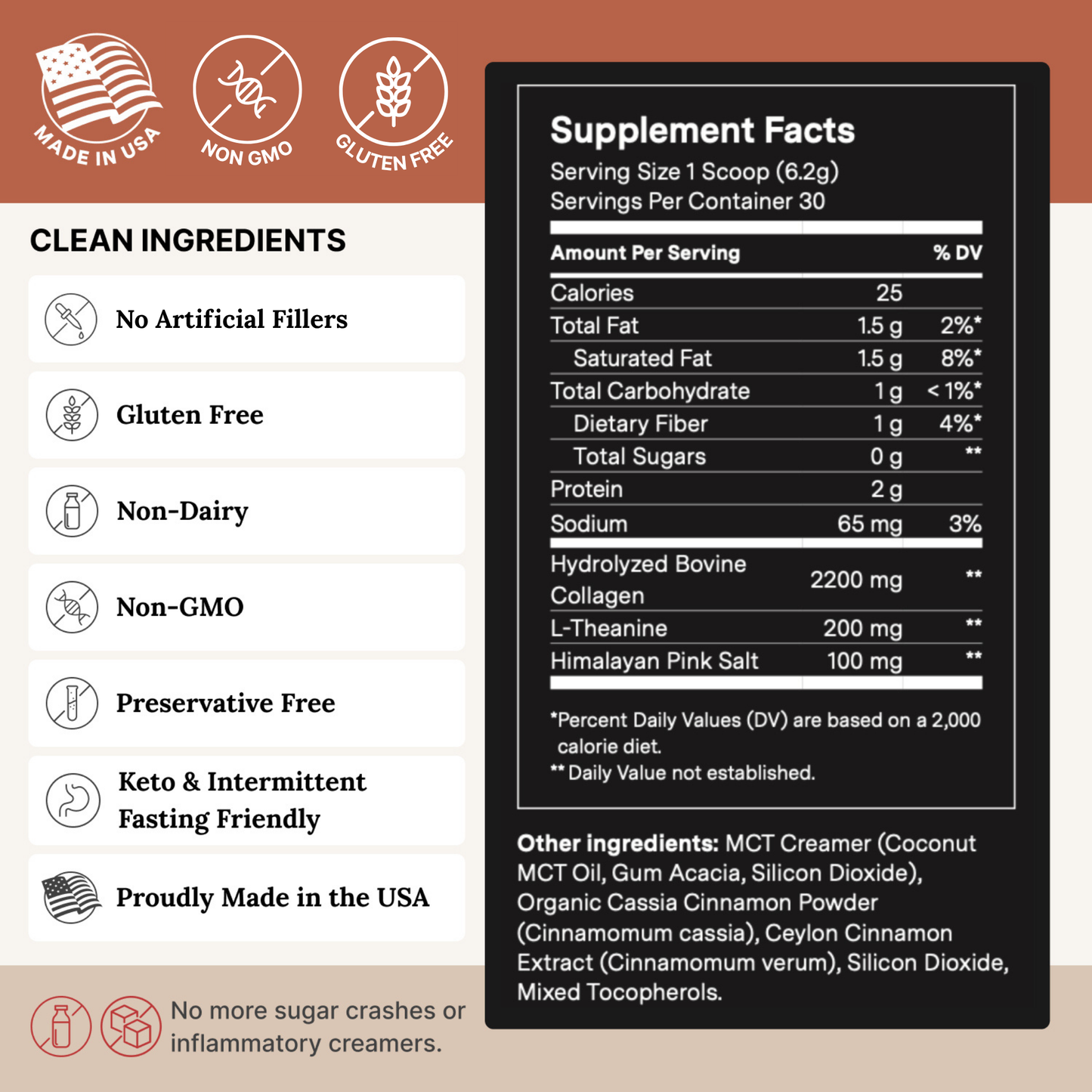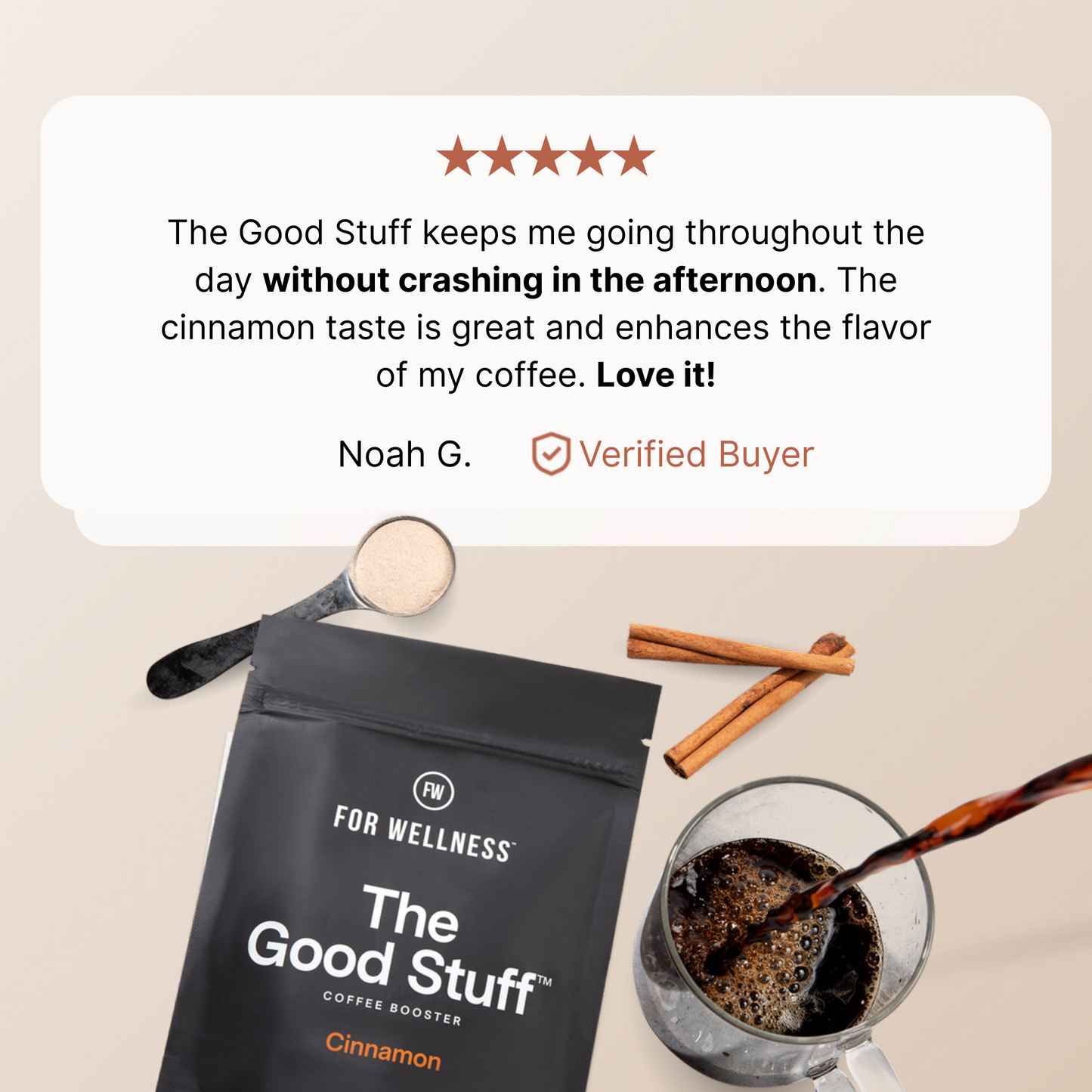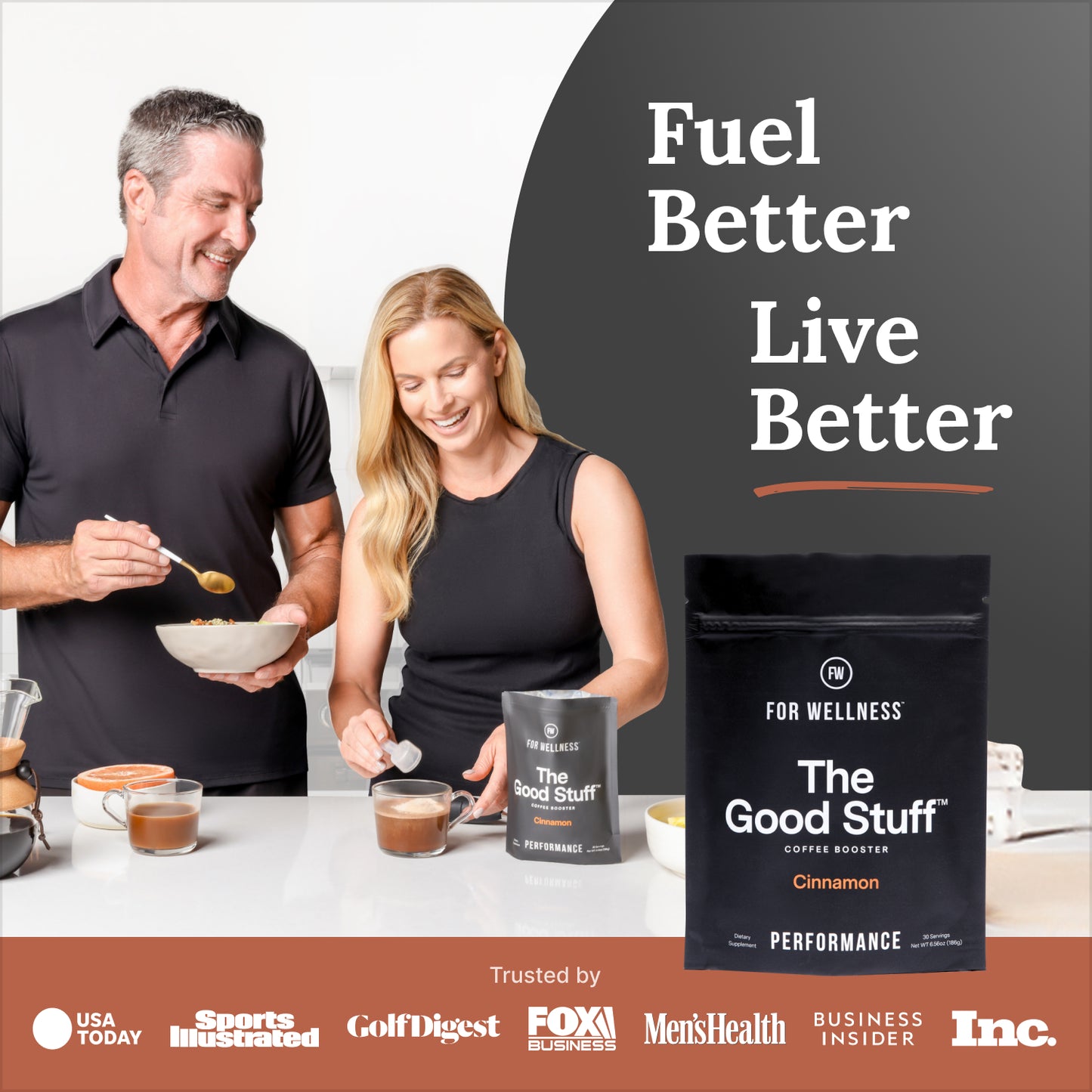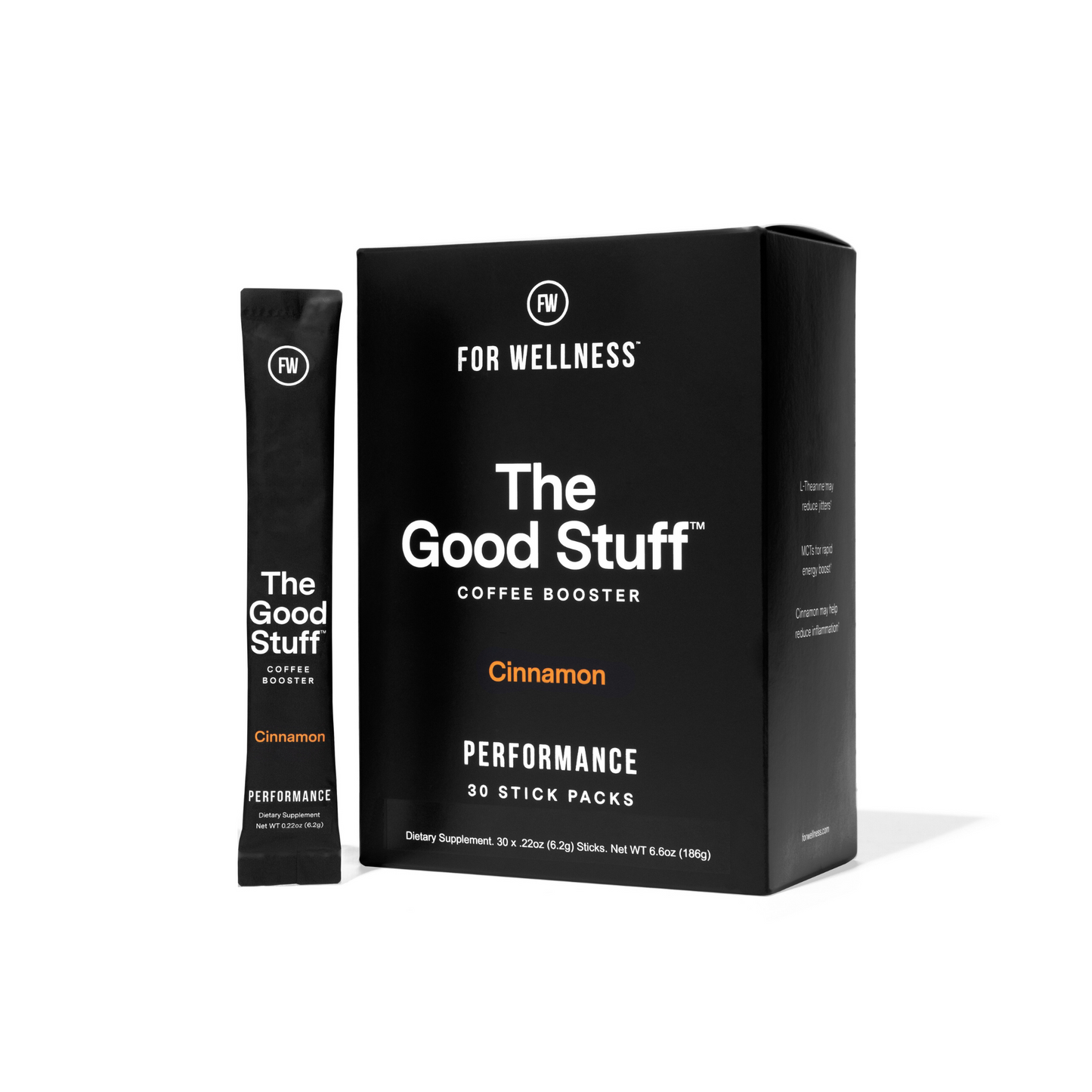Inflammation can be a hidden enemy in our diets and lifestyles, leading to a host of health issues. Fortunately, with the right dietary and lifestyle changes, you can take charge of your health and effectively reduce inflammation. This article will guide you through nine simple steps that can help you combat inflammation and promote overall wellness.
1. Understand Inflammation and Its Impact
Learn about what inflammation is, the difference between acute and chronic inflammation, and how it affects your body. Inflammation is a natural response of the body to injury and infection, serving as a protective mechanism. However, when inflammation becomes chronic, it can lead to various health issues, including heart disease, diabetes, and arthritis. Understanding this distinction is critical because it highlights the importance of managing inflammation effectively through lifestyle choices.
Chronic inflammation can stem from many factors, including diet, stress, and environmental toxins. This is where dietary adjustments play a role. Incorporate anti-inflammatory foods and eliminate triggers, to support a balanced inflammatory response.
2. Spice It Up
Cinnamon and turmeric contain natural compounds that can help reduce inflammation in the body.
Cinnamon contains cinnamaldehyde and other compounds that reduce the production of inflammatory markers. It also has antioxidant properties from polyphenols that combat oxidative stress. That's why it's a key ingredient in The Good Stuff—cinnamon has so much to offer, and it's delicious!


The Good Stuff - Performance
-
One scoop will infuse your coffee with healthy ingredients
-
Ditch the bad stuff like sugar, dairy, and artificial creamers
-
Fights inflammation and supports skin and joint health
-
Makes your coffee taste great
Turmeric contains curcumin, which blocks inflammatory molecules and reduces the production of inflammatory cytokines. Curcumin also has potent antioxidant properties that help neutralize free radicals that can trigger inflammation.
When adding these spices to your diet, aim for consistent daily intake rather than occasional large amounts.
TIP: Black pepper significantly enhances curcumin absorption—combining them increases bioavailability by up to 2000%!
3. Boost Your Vegetable Intake
Incorporate more fruits, vegetables, and whole grains into your meals to fight inflammation. A plant-based diet is rich in vitamins, minerals, and antioxidants, all of which are known to combat oxidative stress in the body. This oxidative stress is a key player in inflaming health conditions. Fruits like berries, oranges, and leafy greens should be staples in your meals due to their high levels of beneficial nutrients.
Legumes, nuts, and seeds will also support inflammation reduction. These foods not only provide essential nutrients but also good fats that help regulate inflammatory responses.
4. Drink More Coffee
Coffee is naturally rich in powerful antioxidants called polyphenols that help fight inflammation throughout the body. The caffeine in coffee can block certain inflammatory signaling pathways, particularly those involved in chronic inflammation.
Coffee's chlorogenic acid, another key compound, has been shown to reduce inflammatory markers in scientific studies. For optimal anti-inflammatory benefits, it's best to drink coffee without adding sugar or artificial sweeteners, as these can potentially counteract its positive effects.
5. Prioritize Healthy Fats
Omega-3 fatty acids from sources like fish, nuts, and seeds can help reduce inflammation in the body. These healthy fats can be found in salmon, flaxseeds, and walnuts. While many people shy away from fats, the truth is not all fats are created equal. Instead of turning to trans fats, prioritize these healthy options to support your inflammation reduction efforts.
Incorporating healthy fats into your diet can provide satiety and a range of other nutritional benefits, making your meals not only healthier but also more satisfying.
TIP: Consider using virgin olive oil in your cooking, as it’s rich in antioxidants and promotes heart health.
6. Reduce Processed Foods and Sugars
Understand the negative effects of refined sugars and processed foods on inflammation and how to make better choices. These foods can trigger an inflammatory response in the body. Consuming high amounts of sugar can spur the production of inflammatory chemicals, creating a cycle that can be hard to break. Learning to read labels and understanding what’s truly in your food is a fundamental step in your inflammation reduction journey.
Instead of processed snacks, opt for whole foods that nourish the body. By making informed dietary choices, you can significantly reduce inflammation and improve your overall health. For instance, replace sugary sodas with fruit infused water for a refreshing change.
7. Stay Hydrated
Adequate hydration is essential for managing inflammation and overall health. Water plays a vital role in allowing your body to function properly and aids in the elimination of toxins that can contribute to inflammation. When you’re well-hydrated, you support your body’s ability to maintain healthy cellular function, which is crucial for controlling inflammatory processes.
Aim to drink at least half of your body weight in ounces of water each day, and don’t forget that herbal teas, particularly those rich in antioxidants, can boost hydration levels. Opt for options like green tea, which has been shown to have anti-inflammatory properties.
8. Incorporate Regular Exercise
Moderate exercise can help decrease inflammation and improve your well-being. Engaging in physical activity helps to increase blood circulation and release endorphins, also known as ‘feel-good’ hormones. A regular routine that includes activities such as walking, cycling, or yoga can not only enhance your mood but also lower markers of inflammation in your body.
Moreover, exercise contributes to weight management, which is another critical factor in reducing inflammation. As excess body fat can produce inflammatory substances, staying active can help you achieve a healthy weight, further assisting with inflammation reduction.
9. Practice Stress Management Techniques
Techniques such as meditation, yoga, and mindfulness can help lower stress levels and reduce inflammation. Colorful time spent engaging in stress-reduction activities can boost your mental and physical health. When you’re less stressed, your body produces fewer inflammatory markers, making it essential to carve out time in your schedule for relaxation.
Integrating mindfulness practices such as deep breathing or yoga can be particularly beneficial. As you become more in tune with your body, you’ll begin to notice areas where tension accumulates and can work towards releasing it.








